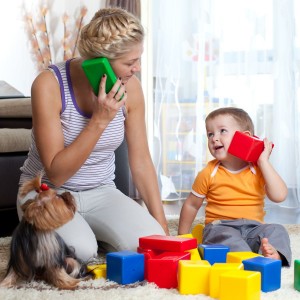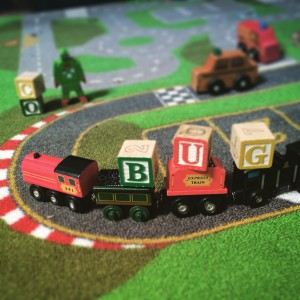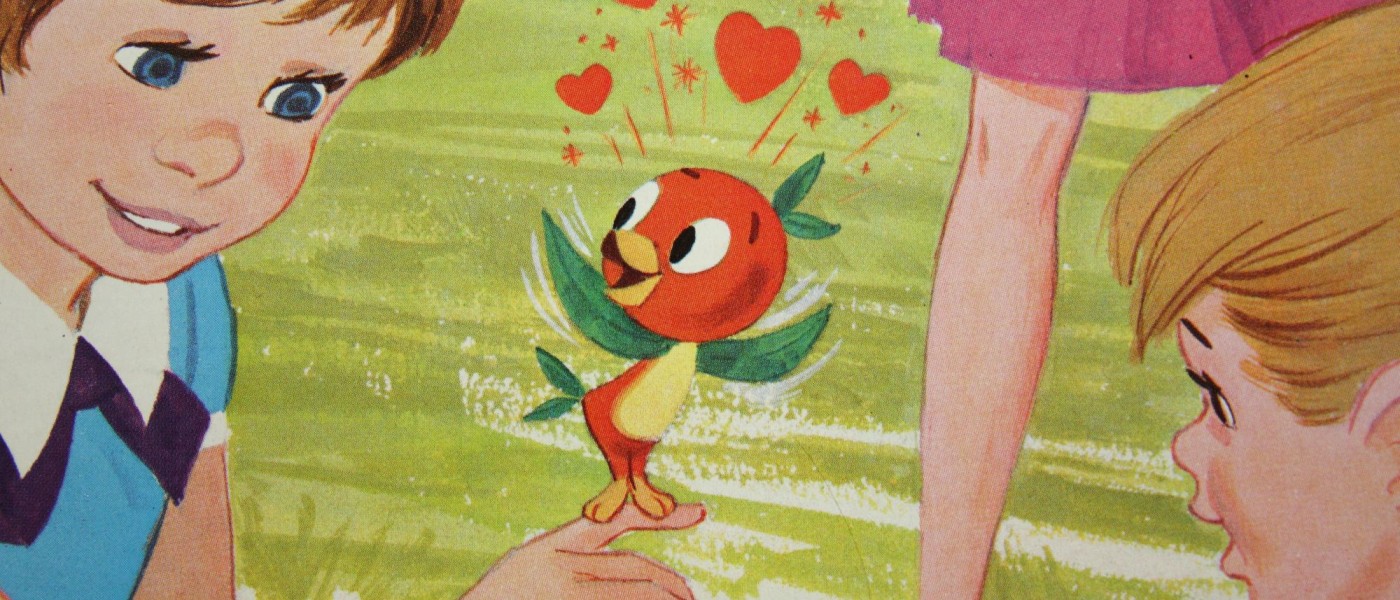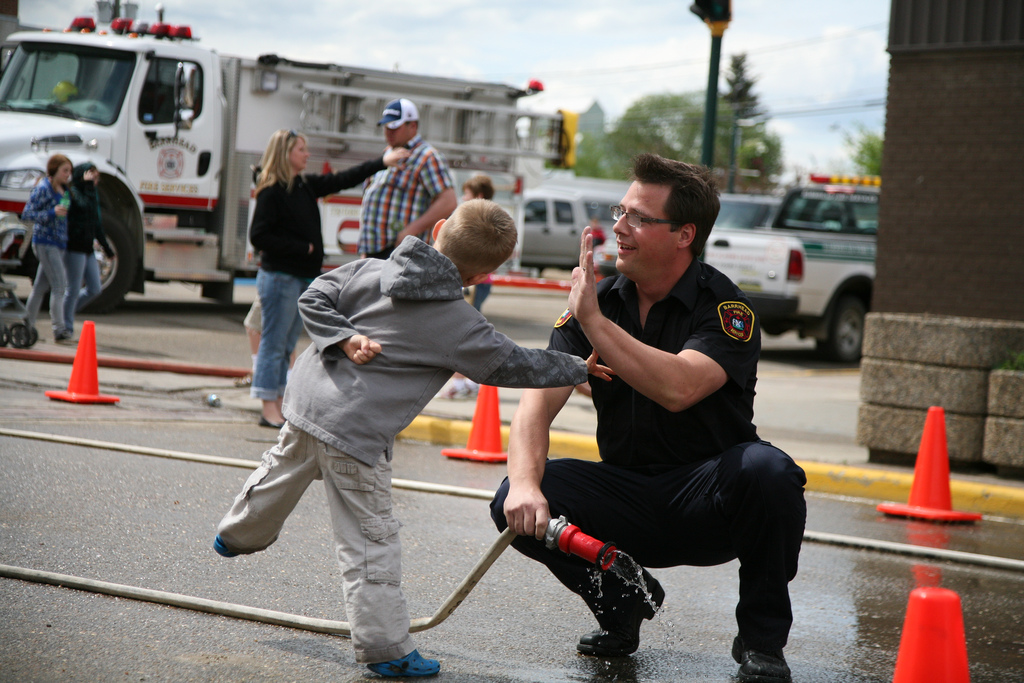Fun Toddler Language Learning Activities
We often get the question posed to us, “how can I help my toddler to talk?” The short is answer is blunt and very obvious: talk to your child! That’s right, just make sure you are directly engaging your toddler in a wide variety of activities that are rich in language. At a high level, it really is that simple! This is a recommendation that is rooted in reams of research in the field of speech-language pathology and allied disciplines. However, just hearing from me, “talk to your child!” might leave you frustrated and wanting more: how do talk to my child? What are some fun toddler language learning activities that are best for this? This blog post is dedicated to providing some guidelines and tips for making this happen. It is one of the most important things you can do as parent of young child and it can have a positive impact on not only language development, but also on future academic potential and even on emotional development.
photo: Happy Kids and Orange Bird by Sam Howzit
Just Blab!
 I always relish the opportunity that this blog provides to highlight groundbreaking studies in the field of speech-language pathology and child development. The Thirty Million Word Gap study (really a series of related work) from Betty Hart and Todd Risley (2003) tracked the language stimulation patterns the children in 42 different families experienced, 13 low-income families, 10 middle-income families and 13 high-income families.
I always relish the opportunity that this blog provides to highlight groundbreaking studies in the field of speech-language pathology and child development. The Thirty Million Word Gap study (really a series of related work) from Betty Hart and Todd Risley (2003) tracked the language stimulation patterns the children in 42 different families experienced, 13 low-income families, 10 middle-income families and 13 high-income families.
What they found shocked them. Children of wealthier families heard more than 3 times more words per hour than those in poorer families—over the first four years of a child’s life, that equates to 30 million (!) more words. The take away here is that, no matter what, it is a parenting imperative in our society to talk to your children. And I would suggest not getting hung up on the notion of “quality over quantity”. In other words, turn every interaction, no matter how mundane and simple, into a language-rich activity; language stimulation need not be artful or used only when it’s absolutely necessary or appropriate. You don’t have to be rich or poor, highly educated or not, to stimulate your child’s language development, even though rich people are more likely to talk a lot to their children. And so while I will go into more detail below on ways you can stimulate language development in your young child, the first thing to always keep in mind is that there is no wrong way to talk to your child – just talk!
A spoonful of praise…
In a similar vein, these researchers Hart and Risley also found that children in wealthier families received many more words of encouragement in the first four years of life than children in poorer families did. Over the first four years of life, children in lower income families receive 125,000 more words of discouragement versus encourage whereas children in higher income families receive 560,000 words of encouragement than discouragement. Because Hart and Risley also found that the children in richer families were doing far better later in life in terms of academic and cognitive performance, they attribute much of the disparity in performance to these very differences in what type of feedback children are receiving from parents and caregivers. So make sure you are using your words of discouragement very sparingly; save it for situations where your child is being malicious or behaving dangerously and not for when he or she is simply acting like a child. Also, highlight and praise every new word you hear your child using. This will encourage your child to keep using more new words. Also, if you notice your young child starting to use more words together in sentences or use a new sounds correctly, heap the praise on. You won’t be creating a spoiled monster. Quite the contrary, you will be creating a child who loves to learn.
Talk to strangers…
Another important tip is to expose your child to a wide variety of communication partners (e.g. mom, dad, siblings, friends of the family, neighbors, the waiter at your favorite restaurant, etc.). Every interaction in a young child’s life is a game situation, a chance for what your child is hearing and processing to put into action. With different communication partners, your child will become accustomed to different communication styles as well as different vocabularies.
Let your child order his hot dog with French fries (or as the case may be, tempeh and kale) himself or herself. Sure, this may take a few extra seconds and the waiter might become very mildly annoyed but expediency shouldn’t be paramount here, your child’s development should be. After all, as Hart and Risley found, this is your child’s future and by extension, the future of our society! Provide rewards for unsolicited or unprompted questions from your child to a family friend about what their favorite color is or if your child invites a new communication partner to play. That reward can take the form of simple praise a sticker or, as a last resort, a morsel of a favored snack food. The bottom line is that a child is a social animal and providing ample opportunities to communicate with as many people as possible can provide a noticeable boost to language development.
Play, play, play…
 There are many reasons that language stimulation should target a child’s play interests. You may have heard that
There are many reasons that language stimulation should target a child’s play interests. You may have heard that
play is a young child’s work.
So instead of sitting down and naming the letters of the alphabet, embed the names of the letters into the play he is doing right now. For example, if your child loves trains and building tracks and hauling freight all over his imagined railroad world, why not take the pieces of a letter puzzle and have him haul the letters from one place to another. If building is his thing, then have him build a house for the letters to live in; build a whole neighborhood of houses for the letters. This way, the letters can be neighbors and they can communicate with one another. The bottom line to start with what they like – let your child direct you as opposed to the other way around – and then embed hundreds of little micro-teaching moments. Some of it will stick and you will see your child demonstrating these new concepts right away and other times it will seem to “go in one ear and out the other.” That is normal. We cannot reliably predict what a child will learn in play, however we can predict that a child will learn more with more opportunities at language-rich play.
I’ve heard many times in my career the very gratifying refrain from parents of the children I have worked with: when she started working with you, she was barely speaking, but now we can’t get her to shut up. I will admit, having two talkative children of my own, that sometimes you, as a hard-working parent, do deserve to just chill in relative silence. It’s ok to turn on the tv for a little while. Remember that if you’re happy, so are your children. In truth, this kind of quip from parents is what really fulfills me as a speech pathologist. That loquacious child we’ve created is the fruit of vital labor and is, according to Hart and Risley, one who is much more likely to experience academic success and career fulfillment. That child is then much more likely to pass on these positive experiences to his or her children. So no matter what your childhood circumstances were or what your current circumstances are now, talk to your children more often than you think is necessary and praise your children more than you may think they deserve. Your child’s generation and the generations in your family after that will thank you!




